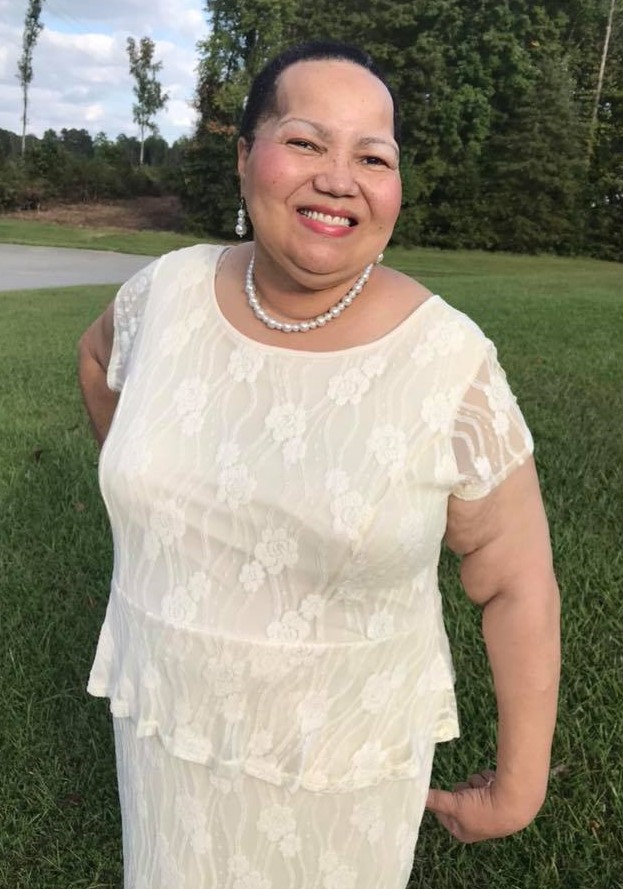In May we told you about Shawn and Ben Johnson’s unsuccessful effort to obtain a zoning variance for 95 square feet of additional building footprint for an Accessory Dwelling Unit (ADU) they want to build for Shawn’s mom, Catherine Johnson, who is disabled.
The Johnsons spoke at Denver City Council general public comment sessions and reached out to what they hoped would be relevant City departments, all in search of assistance responding to their disheartening experience with the Board of Adjustment for Zoning Appeals (BOA).
Readers reached out to the Johnsons with offers of support (legal and otherwise). And after our story was printed, the Johnsons’ case was further highlighted in the May 19th episode of the City Cast Denver podcast.

But will the Johnsons get a variance?
Within an hour of the Johnsons’ May 10th repeat-appearance at city council general public comment, an email was sent by Division of Disability Rights Director Aisha Rousseau, PhD, CRC, to several city department leaders and council members. Rousseau alluded to a misstep in the BOA’s line of questioning in the hearings, and went on to describe an alternative planning and review process that is being made available to the Johnsons due to Ms. Johnson’s disability.
“Thank you to the Johnsons, various community members, City Councilmembers, City Council Aides, the Denver Anti-Discrimination Office, and the Mayor’s Office of Social Equity and Innovation for highlighting the disability-related concerns with this matter.
“Division of Disability Rights (DDR) does not have jurisdiction with the Board of Adjustment. Subsequently, it is important to note that this alternate review is a separate process from the Board of Adjustment and is instead a request for an administrative adjustment related to a reasonable accommodation to be conducted by Community Planning and Development (CPD) staff. No additional information related to the details of Ms. Catherine Johnson’s disability will be required to process this request.”
Which is to say, the Johnsons will soon undergo one more attempt. The process will be similar yet apart from the BOA’s. Shawn Johnson reflects back and looks forward, “The subjective and biased adjudications from members of the BOA is a significant issue the City still needs to address. Detouring from that inequitable pathway we are working with CPD on developing an alternative; and are hopeful it will help our family and others.”
Will city boards and commissions be made more equitable, more resident-friendly?
Beyond the BOA’s handling of Ms. Johnson’s disability, the case revealed other concerning aspects that—to date— are receiving markedly less attention from the city. These are: the BOA’s racially homogenous composition, the Johnsons’ experience with bias, the city’s thin options for accountability of BOA members (the sole route to removal is a greater than 25% absence from meetings), and a subjective process where a hardship standard must be met but where the application of its defining line does not appear to be consistent from case to case.
The BOA is one of 130 city boards and commissions managed through the Mayor’s office. A majority of members are appointed by the Mayor’s office, with members of 43 going on to also require city council confirmation.
Additionally, City Council directly appoints over 50 people to 14 boards, committees, and review panels. Some of the 14 overlap with the 130 populated by mayoral appointments. The two domains are staffed and managed separately.
When it comes to the 14 boards, committees, and review panels, City Council appoints Denverites to, Legislative Policy Analyst Emily Lapel, who staffs the process, says that council revamped its appointment process in 2019 with an eye specifically toward being more equitable and transparent. It made changes to the way it recruits for vacancies and vets candidates. And Lapel is currently “reviewing all mayoral appointments that require council approval to ensure there is documentation of that.”
Councilwoman Amanda P. Sandoval is “very supportive of any initiative the Mayor’s office takes to update the City’s boards and commissions and to incorporate best practices that further equity, especially for those bodies that have direct contact with the community. I will be having conversations with my colleagues about the role of Council and how we can support this process, provide oversight and work on changes to the current ordinances to deliver better outcomes for the residents of Denver. It is essential that every individual feel they are being heard and treated fairly when interacting with their city.”
Mayor Hancock’s office did not respond to multiple requests to discuss mayoral appointments to boards and commissions such as the BOA.
Good to Know
Denver City Council’s general public comment sessions take place on Zoom every Monday from 5 to 5:30pm, immediately prior to city council meetings. You can sign up to address city council for a limit of 3 minutes on any matter of concern to the city. There are also several committee hearings and agenda-related public hearings one can participate in.
For general public comment, registration begins at noon on the Friday prior to the meeting and ends at 4pm Monday. Registration is on a first-come, first-served basis; priority is given to those who did not speak the week before.
Visit Denver City Council Website for more information or to register here: https://www.denvergov.org/Government/Departments/Denver-City-Council

Be the first to comment